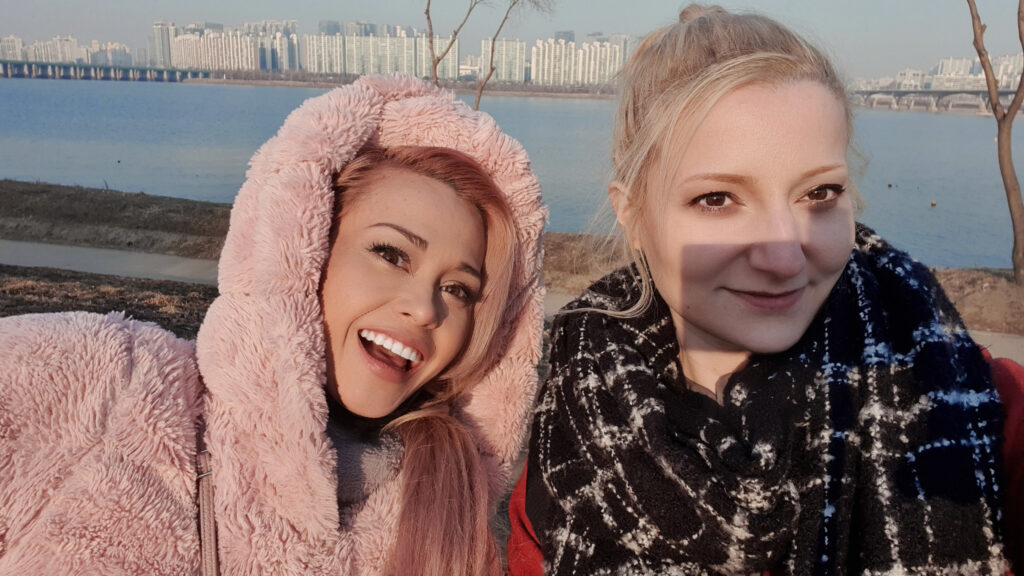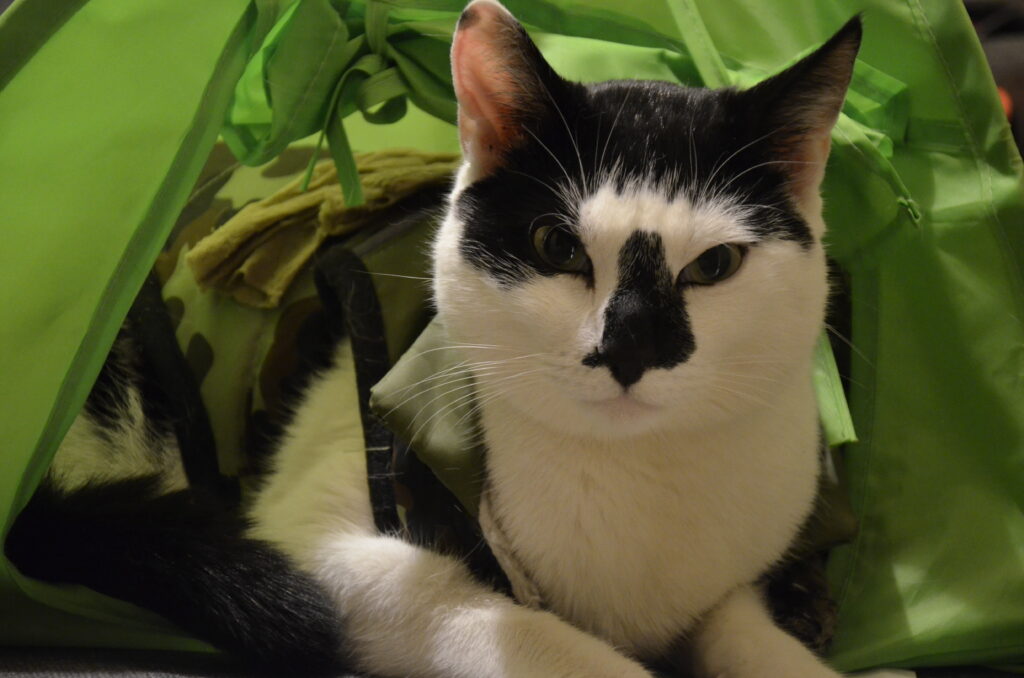Early this year, I had the wonderful opportunity to spend about two months in Seoul with some beautiful souls.
For those who may not know, my journey of learning Korean began in mid-2010, while I was passionately pursuing my music career goals. Until this trip, I had never set foot in Korea, yet my extensive knowledge of the country made it feel surprisingly familiar upon arrival.



Click on picture to enlarge
Korea didn’t feel so foreign to us
Though I had been learning on and off except for the first two years, throughout all the years I had collected much information about Korea. Consequently, when I finally arrived there, it didn’t feel entirely foreign to me. In fact, my friend and I both felt like we had merely traveled to a neighboring city in Germany. It felt peculiar considering the 24-hour journey we had taken to get there. Korea was so far away yet it felt so close.
So while my speech in Korean wasn’t perfect, I was able to engage in deeper conversations and navigate quite well in the language. It was immensely satisfying to finally put my learning into practice in real-life situations, beyond the confines of online platforms. Admittedly, there were moments of exhaustion when I chose not to reveal my ability to speak Korean, but that didn’t lead to significant progress as English was really no option.
English might limit your experience in Korea
I soon came to realize that not being able to speak Korean could severely limit one’s experience in Korea. Many times, when my friend tried to communicate in English, we were almost dismissed until I stepped in and started speaking in Korean. This situation occurred frequently in shops and restaurants, highlighting how knowing the language is a vital factor in experiencing this country fully.
I was expected to speak in Korean
Personally, I thoroughly enjoyed the fact that people generally didn’t expect me to speak in English during my two-month stay in Korea. But that’s how I came to understand how frustrations and culture shock could easily arise for those who couldn’t do so. Throughout that time, I estimate that about 99% of my interactions were conducted entirely in Korean with the locals. Based on my previous experiences with Koreans online and in Germany, I had anticipated that people wouldn’t necessarily expect me to speak their language. However, I was pleasantly surprised by my time in Korea, as people were open and eager to talk about life and share their experiences with me.
What struck me the most was that I often didn’t feel like a foreigner; rather, I felt like I was expected to be knowledgeable about the same things as the locals. I couldn’t rely on “it’s my first time here” for not knowing something, even though I genuinely couldn’t be aware of everything despite my efforts. Nevertheless, I understand the situation and choose to see it as an interesting observation.
Shop clerks didn’t shy away from talking to me even before I uttered a word. They immediately addressed me in Korean, which left me delighted and pleasantly surprised. It felt like they were treating me just like a local, and that was precisely the experience I had hoped for. While many people often say they will always be perceived and treated as foreigners and that may be true, but I was glad to find that my initial assumptions were not as extreme as I had thought. Perhaps I needed a more extended stay in Korea to fully grasp the nuances.
Understanding the language provided me with unique insights into various aspects of the culture that I wouldn’t have understood otherwise.
Stark contrast of Korea to Western culture
Yes, Korean people, in general, are friendly but I also noticed a certain level of bluntness and disengagement when they interacted with individuals they didn’t know or who were outside their friend group. I though that was a bit unfortunate. This is a stark contrast to what it’s like in Germany and this demeanor often became evident in their aura, attitude or facial expressions.
For instance, the narrow hallways in Korea posed an interesting challenge; whenever I tried to pass through, people didn’t react or make way, resulting in moments of being stuck amidst the crowd. I was stuck, by people coming from left and right, even if there was space for someone to step back and let someone pass through. They don’t look unless you ask. Unlike in Germany, where people intuitively step back to let others pass, in Korea, this wasn’t the norm.
For instance, in shops, there were moments when I was standing in front a shelve, and I would step away to allow people to pass through, they unexpectedly stood right in front of me, with their backs turned towards me. I believe that since people are not accustomed to this kind of behavior, they might not have understood why I stepped away in the first place. Looking back, I can’t help but burst into laughter at those moments now.
It’s quite similar when it comes to holding doors. Despite being aware that Koreans generally don’t engage in this practice, I found myself doing it out of habit. However, even in those instances, their expressions remained somewhat indifferent, a similar expression to how it would look like if someone was deliberately ignoring you in western countries. I know it wasn’t that, just trying to make it a bit visual and I’m not expressing my disapointment, it’s just an observation.
This was a behaviour that presented itself in many different ways throughout our trip.
While I found this somewhat unfortunate. Both Korea and Germany have their strengths and weaknesses, and appreciating these differences allows us to see the contrast and appreciate the one or another thing more.
See in the video below to what Koreans have to say about themselves on cultural challenges:
Not shying away from seeing the unpleasant side of Korea
Disclaimer: Please understand that these observations are not meant as criticism but rather reflections on the differences in customs between Korea and maybe more western cultures. It’s essential to recognize that each country has its own ways. I’m not here to speak about what’s right or whats wrong, it’s us outsiders who have to learn and adapt or respect their ways. Also not to forget, no country is perfect.
In life, I’ve always preferred honesty over sugarcoating, whether it involves dealing with people or situations. To me, love is truly complete when we see things as they are, acknowledging both the good and the challenging aspects. When I moved to Berlin, I initially experienced a honeymoon phase that lasted about two years, but eventually, I started to notice the negative aspects. It took some time to learn how to accept these challenges.
I don’t like this to happen again and I’m glad that my feelings of excitement were minimal, but they leaned more towards appreciation and curiosity. In the realm of spirituality, it’s said that what goes up must come down. I believe the way everything unfolded was perfect, and I prefer my emotions to move gradually and stay stable, just I like in the stock market :P. I avoid long term investments that have a very intense ups and downs, which I’ve also heard from Warren Buffet.
My love for this culture and country remains unchanged. I appreciate life that has provided me with this experience but I also have deepest appreciation for what I have now.
